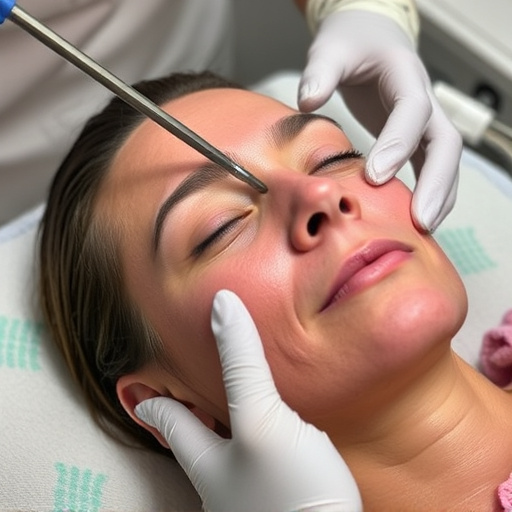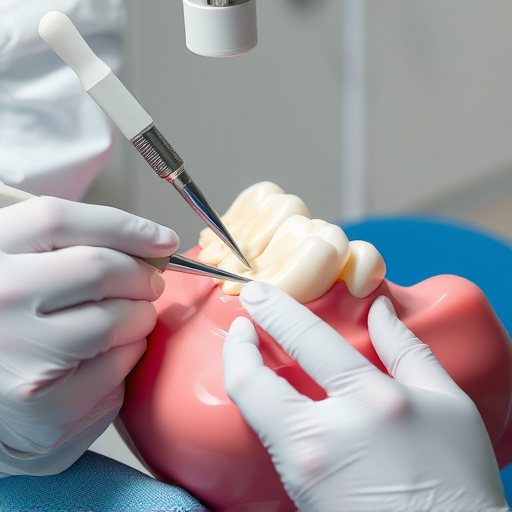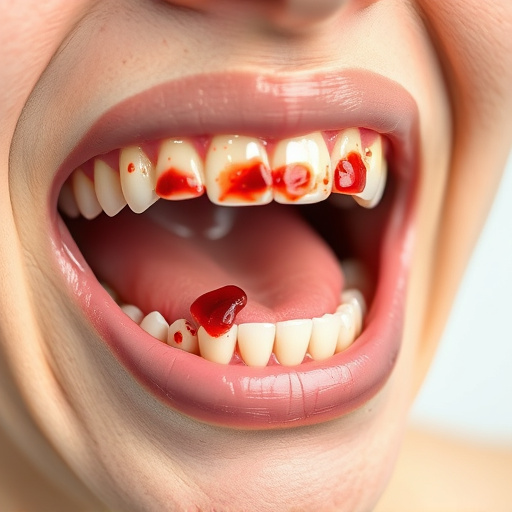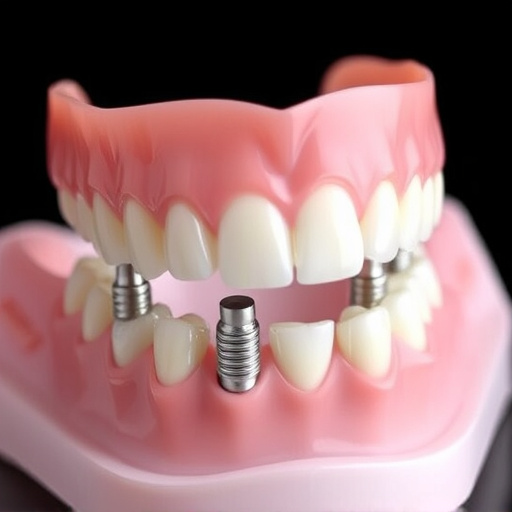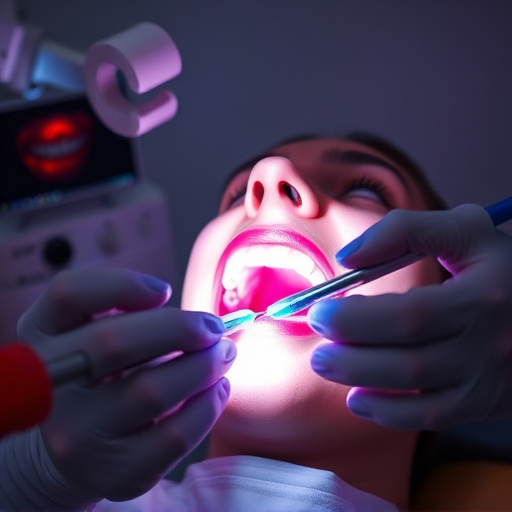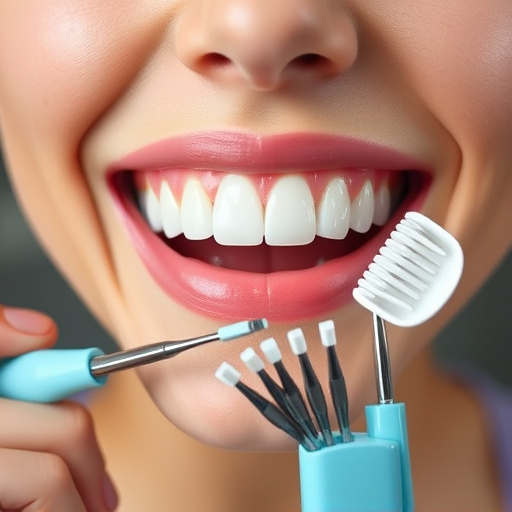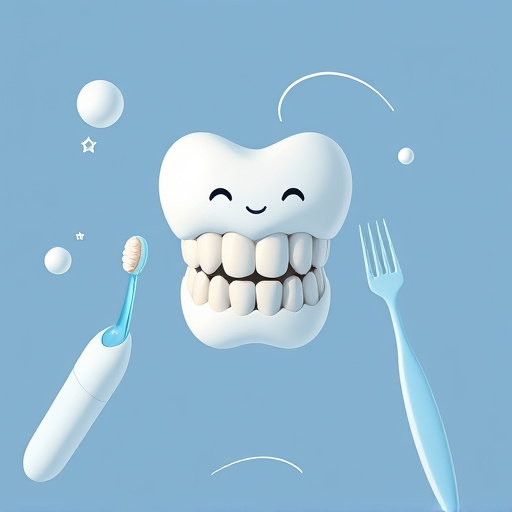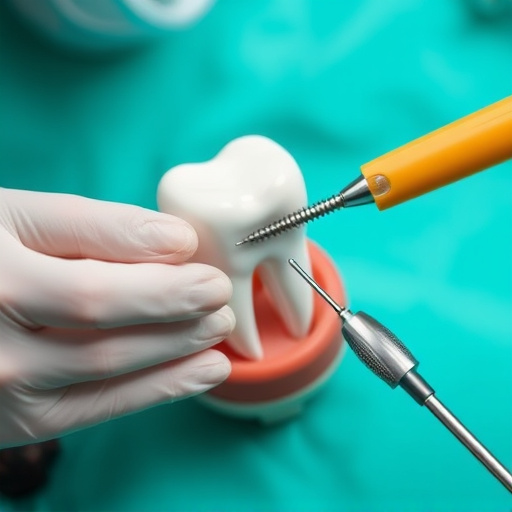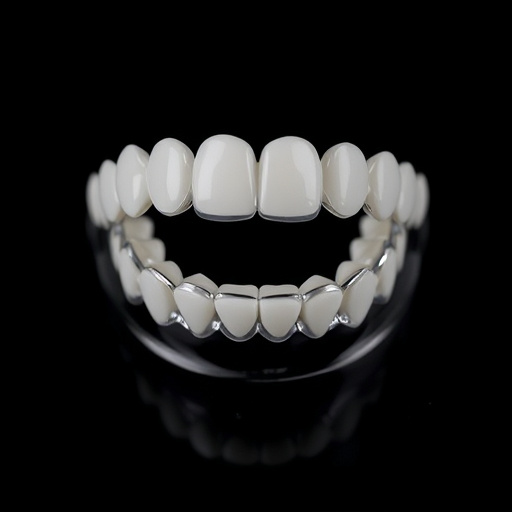Dental anxiety, caused by fear or traumatic experiences, leads to physical symptoms, compromised oral health, and avoided check-ups. CBT challenges negative thought patterns, making it an effective dental anxiety treatment for adults and children. Relaxation techniques like breathing exercises reduce stress during procedures, while mindfulness shifts focus to calmness. These methods improve patient experiences and long-term oral health outcomes.
Dental anxiety is a common issue, affecting many people’s ability to maintain healthy oral care. This article explores proven techniques to enhance dental anxiety treatment. We delve into understanding the causes and effects of dental anxiety, highlighting the effectiveness of Cognitive Behavioral Therapy (CBT). Additionally, we discuss relaxation techniques that significantly impact treatment outcomes. By integrating these strategies, dentists can provide more comfortable and successful experiences for patients managing dental anxiety.
- Understanding Dental Anxiety: Causes and Effects
- Cognitive Behavioral Therapy: A Proven Approach
- Relaxation Techniques and Their Impact on Treatment
Understanding Dental Anxiety: Causes and Effects
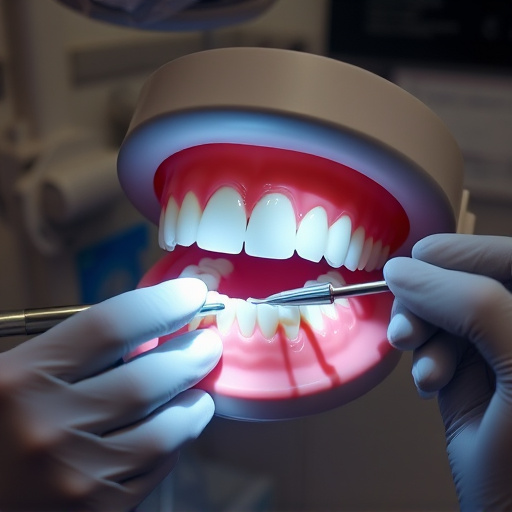
Dental anxiety is a common concern that can significantly impact an individual’s oral health and overall well-being. Understanding its causes and effects is the first step in effective dental anxiety treatment. This condition often arises from various factors, such as past traumatic experiences, fear of pain or loss of control, or even negative associations with dental procedures. For many, it manifests as a deep-seated phobia that can cause physical symptoms like increased heart rate, sweating, and difficulty breathing when facing dental visits.
The effects of dental anxiety are far-reaching. Individuals suffering from this condition may avoid necessary dental check-ups and treatments, leading to potential oral health issues and complications. Neglected dental problems can range from minor cavities to severe infections. Moreover, dental anxiety can affect one’s quality of life, impacting social interactions involving the mouth, such as smiling or speaking in public, and even influencing overall mental health and self-esteem. Effective dental anxiety treatment is crucial to help individuals overcome these challenges and improve their relationship with oral care.
Cognitive Behavioral Therapy: A Proven Approach
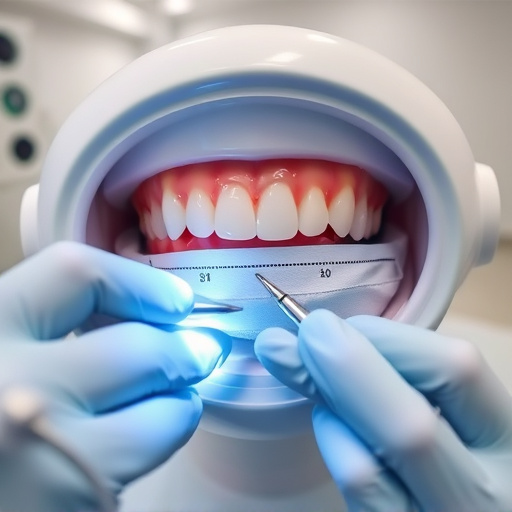
Cognitive Behavioral Therapy (CBT) is a well-established and highly effective technique for managing dental anxiety. This approach focuses on identifying and modifying negative thought patterns and behaviors that contribute to fear and avoidance in dental settings. By teaching patients to challenge and replace anxious thoughts with more realistic, positive ones, CBT empowers them to confront their fears head-on.
This method is particularly beneficial in the context of general dentistry and even children’s dentistry, where it can help reduce the need for invasive procedures like dental fillings by making patients feel more at ease during routine checkups. Through a series of structured sessions, individuals learn coping strategies tailored to their unique experiences, enabling them to manage anxiety symptoms effectively over time.
Relaxation Techniques and Their Impact on Treatment
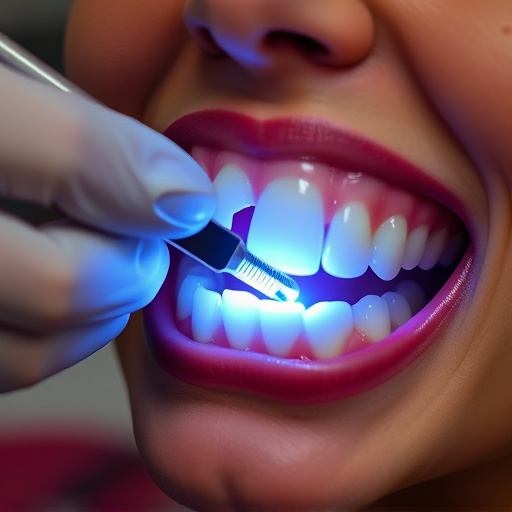
Relaxation techniques play a pivotal role in enhancing dental anxiety treatment. Simple practices such as deep breathing exercises and progressive muscle relaxation can significantly reduce patient stress levels before, during, and after dental procedures. These methods help to lower blood pressure, slow heart rate, and calm the mind, making it easier for individuals to cope with their anxiety. For instance, guiding patients through a few minutes of deep breathing can create a sense of tranquility, making them feel more in control and less apprehensive about upcoming treatments.
Incorporating mindfulness techniques, like meditation or visual imagery, further complements dental anxiety treatment. These practices encourage patients to focus on the present moment, shifting their attention away from fears associated with procedures such as clear aligners, children’s dentistry, or even more invasive tasks like tooth extractions. By fostering a state of mental calmness, these relaxation strategies not only improve patient experiences during treatments but also promote better oral health outcomes in the long term.
By understanding the causes and effects of dental anxiety, combining cognitive behavioral therapy with relaxation techniques offers a comprehensive solution for effective dental anxiety treatment. These proven methods empower individuals to overcome their fears, leading to improved oral health and enhanced quality of life. Integrating these strategies into dental care routines not only benefits patients but also strengthens the overall approach to dental anxiety management.

